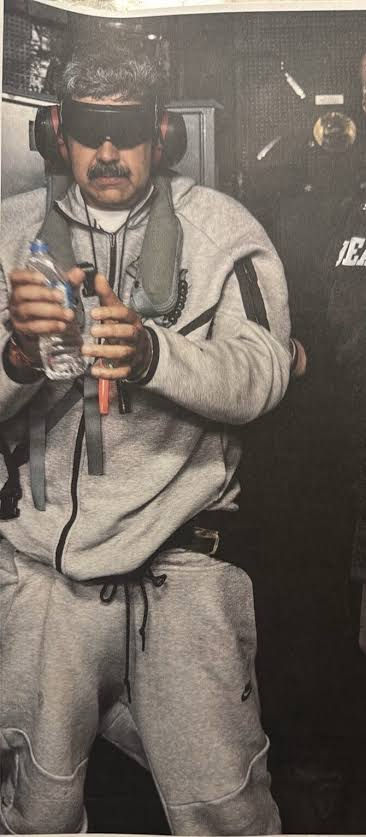Dictatorship in Nicaragua and Daniel Ortega's new term
- Sebastian Palacios.

- Jan 11, 2022
- 2 min read
Updated: Apr 7, 2022
Daniel Ortega led the Marxist Sandinista National Liberation Front during the Nicaraguan Revolution that overthrew the right-wing dictatorship headed by Anastasio Somoza in 1979, which was supported by the United States. Ortega won free elections in 1985 that met democratic standards but lost all the other elections that followed until 2001. Ortega returned to power in 2007 and with the help of his wife, who has served as Vice-President since 2016, the economy did very well thanks to the aid in form of oil from Venezuela. During this time there was also less violence and better social stability in Nicaragua than in many Central American countries. After the death of Hugo Chávez in 2013 and the collapse of the Venezuelan economy, the countrie's fiscal situation, especially within the Nicaraguan Institute of Social Security (INSS), and then the economic growth of Nicaragua, began to seriously deteriorate. At the same time, Ortega was increasing his authoritarianism by drafting laws that allowed him to imprison opponents for 'treason against the nation', tax fraud and 'terrorism'. In 2018, huge protests arose over the plan to cut pensions, increase taxes and hand over the project to build the Nicaragua Canal to China. This cocktail of events was the perfect excuse to also protest against Ortega's political system. There were hundreds of deaths and many opponents arrested. The European Union and the United States warned that Nicaragua was heading towards a dictatorship and imposed sanctions on government officials. Now with the November 2021 elections, Ortega won again with 75% of the votes and 65% participation, according to official data. However, five presidential candidates were imprisoned before the contest, three political parties were banned and 45 NGOs were expelled from the country, so the international community did not recognize this as a democratic process. The Catholic Church initially tried to act as a mediator but broke off talks with the government due to the continuous murder of opponents. The OAS (Organization of American States), with 34 members, voted with 25 votes in favor of a resolution requiring Nicaragua to hold new elections. Nicaragua announced that it will withdraw its OAS membership, while regional powers Mexico and Argentina with left-wing governments abstained but decided to withdraw their Ambassadors to protest the imprisonment of opponents and the degradation of Human Rights. This Monday, January 10, was Ortega's inauguration in the capital Managua and very few democratic leaders attended this event reflecting that Nicaragua's isolation is more clear than ever.




Comments